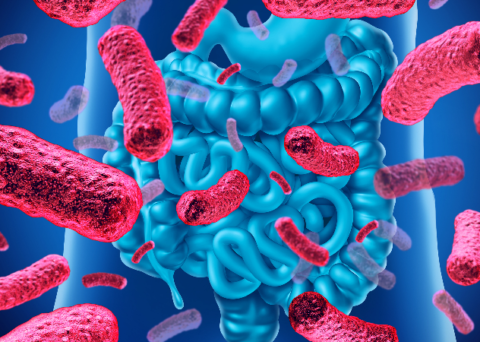
Written By: Dr. Senthil Subramani
Biotechnologist | 10 years of experience
The composition of the gut microbiota is dynamic so that it varies both in the type and in the abundance of the microbes (mainly bacteria & yeast) throughout life.
Hence, the composition of the microbiota of a newborn is an emerging stage and is modified by various internal and external factors that influence its development during all stages of life. The microbiota of an infant is totally different from that of a child, a young person, an adult, or an elderly person.
In addition to this physiological fact, the microbial composition of an individual is influenced by other factors that can alter the balance of the gut microbiota.
The factors which cause the alteration of the microbiota composition are known as microbial disruptors.
The milieu of the gut, “dysbiosis” means the condition in which the imbalance or maladaptation microbial ecosystem, causing the predominance of certain bacteria that are not usually found in it or were in low proportion. This means that the beneficial effects associated with a healthy microbiota are diminished, and may even lead to the appearance of some pathological condition.

For example, a high proportion of certain intestinal bacteria can alter the intestinal microbial balance and induce diarrhea. (Such as some of the genus Clostridium)
Causes of dysbiosis
- Bioflex studies indicate that long-term diet is strongly associated with the gut microbiome composition (increase the intake of protein, sugar, or food additives)
- accidental chemical consumption, such as lingering pesticides on unwashed fruit
- drinking of more alcoholic beverages per day
- new medications, such as antibiotics that affect your gut flora
- high levels of stress or anxiety, which can weaken your immune system
Treatment for dysbiosis
Taking pre- and probiotic supplements can also help keep your gut bacteria in balance. These pre- and probiotic supplements contain cultures of specific bacteria that you can eat, drink, or take as medications.
In summary, the intestinal microbiota is influenced by numerous factors consuming pre- and probiotics supplements can also help keep your gut bacteria in balance. Consult your doctor about which types of pre- or probiotic supplements you’ll need to keep your microbiota balanced.
Comments
Post a Comment